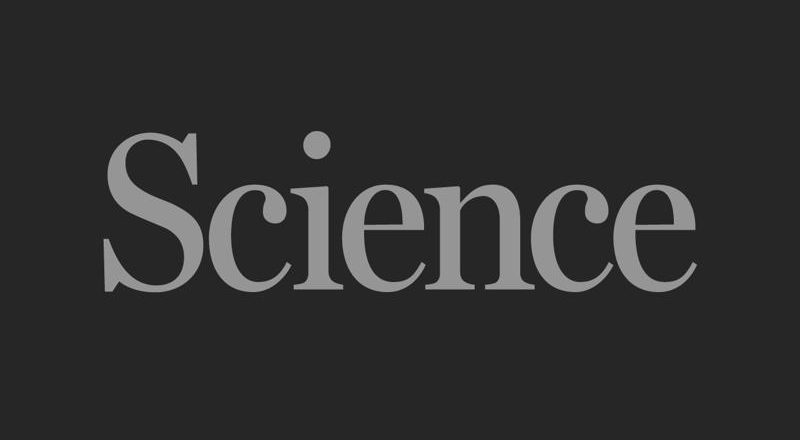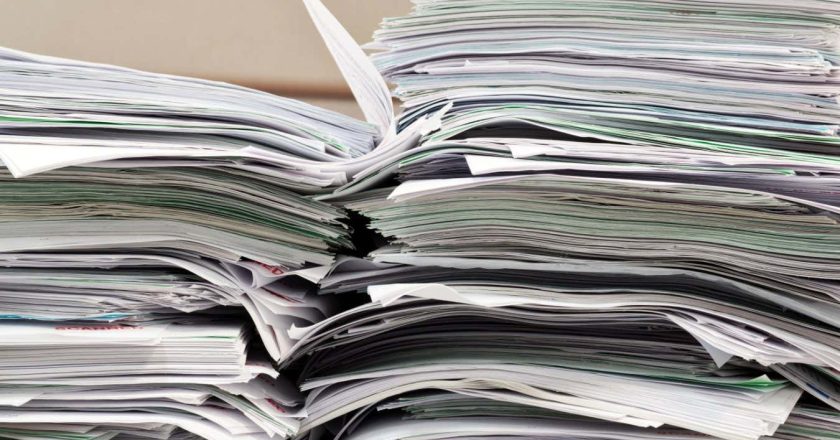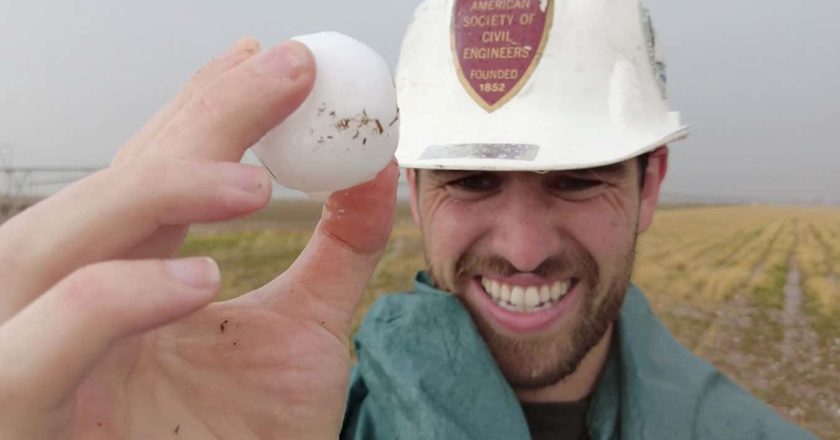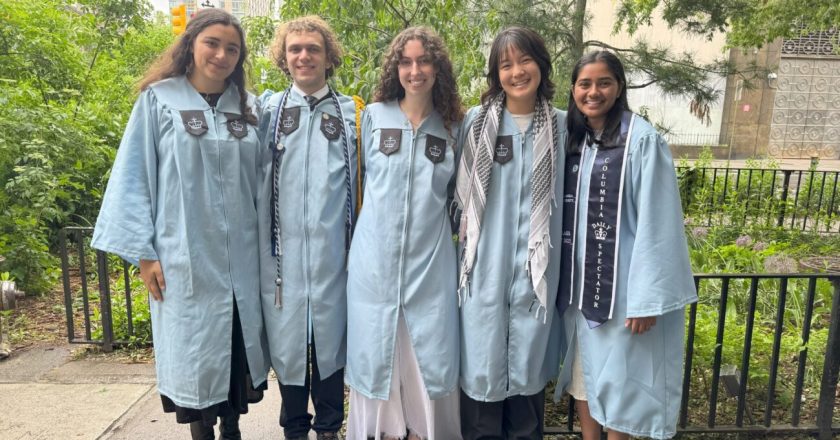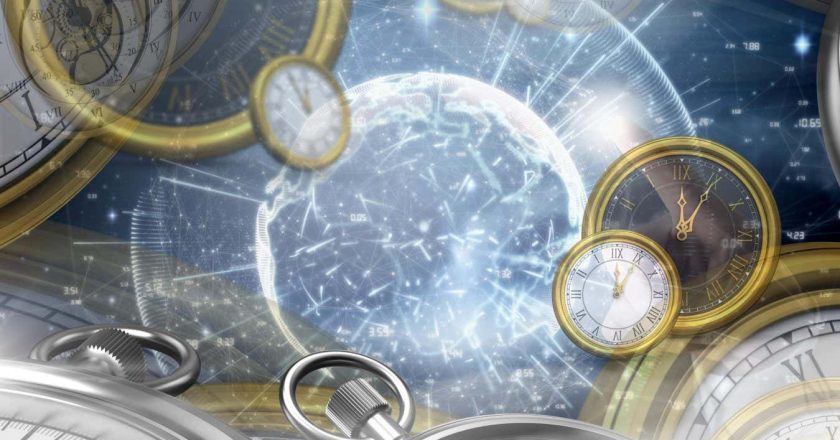PEPFAR disruptions could cause HIV resurgence | Science
In the past two decades, the US President’s Emergency Plan for AIDS Relief (PEPFAR) has prevented millions of deaths and new HIV infections through the provision and support of HIV testing, treatment, and prevention programs in more than 50 countries worldwide (1). Although HIV remains incurable, treatment with antiretroviral therapy (ART) leads to sustained viral suppression, which halts both immune system destruction and HIV transmission (2–4). With ART delivery at its core, PEPFAR has been enormously successful in improving both individual and public health: At the end of 2024, more than 20 million people were receiving life-saving ART through PEPFAR, and between 2010 and 2023, new HIV infections were reduced by an estimated 52% in PEPFAR-supported countries (1). However, in January, th...
